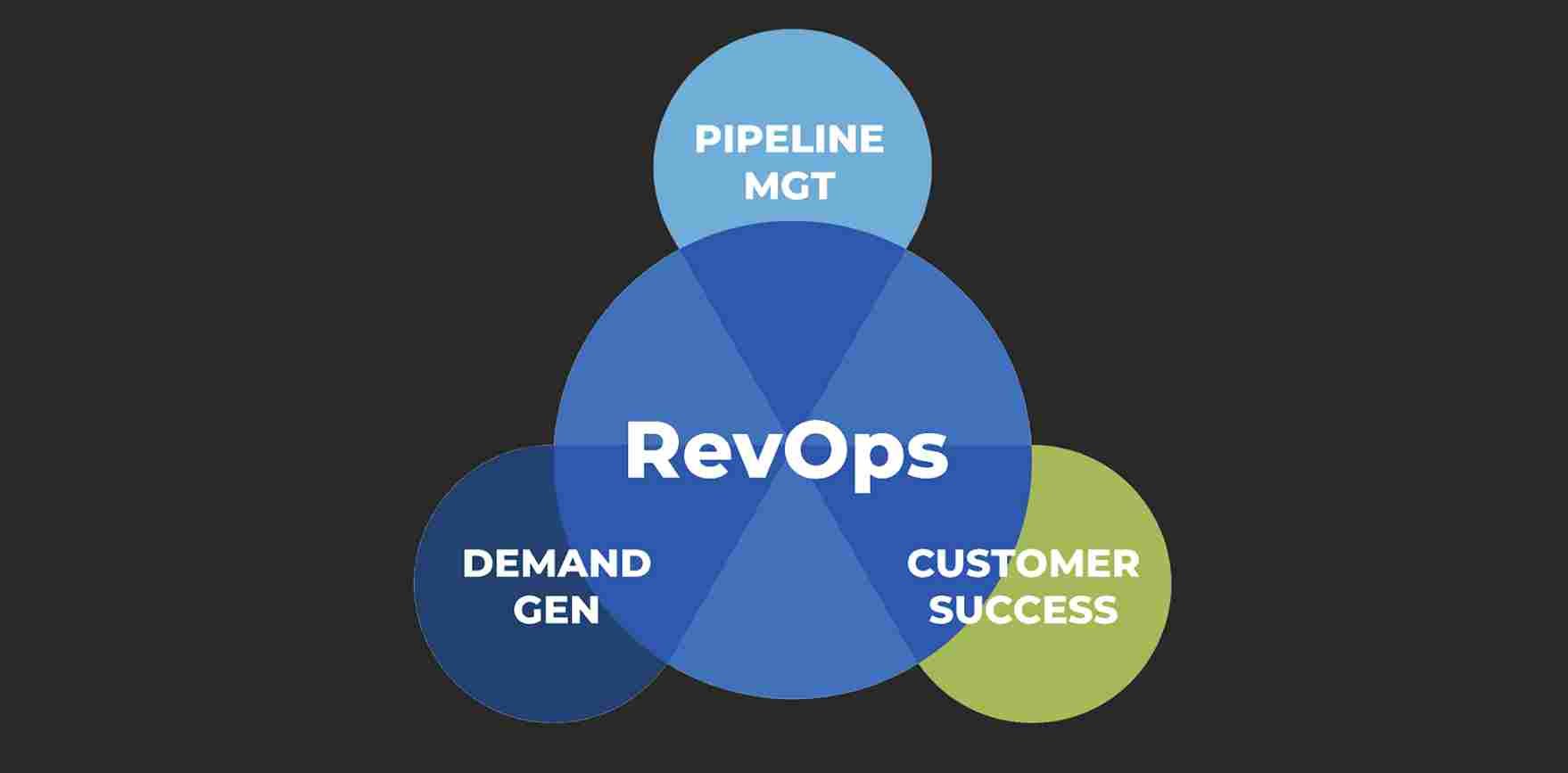Tesla earnings show impact of Shanghai gigafactory shutdown

“The reason we sold a bunch of our bitcoin holdings was that we were uncertain as to when the covid lockdowns in China would alleviate,” Musk said. “We are certainly open to increasing our bitcoin holdings in the future, so this should not be taken as some verdict on bitcoin — it’s just that we were concerned about overall liquidity to the company.”
Musk was enthusiastic about bitcoin last year when the company first announced it was investing $1.5 billion in the cryptocurrency, saying on Twitter that the electric car manufacturer would soon accept the digital currency as payment. He said Tesla would not convert its bitcoin received from payments to fiat currency, or paper money.
But he soon dialed back his enthusiasm, saying in May 2021 he was concerned about bitcoin’s potential environmental impact — because the currency relies on networks of powerful computers — but still the company would “not be selling any bitcoin.”
Tesla’s bitcoin purchase was seen as an investment in the future, a way to invest cash as the company entered a period of consistent profitability. But since its purchase, confidence in bitcoin and cryptocurrency in general has plummeted — and Tesla’s sell-off represents another grim milestone for crypto.
Bitcoin has plunged over the past year as confidence in crypto as an alternative form of currency has waned. Bitcoin values reacted harshly to the Tesla news as well, sinking to near $23,000, as the currency remained sharply below the late-2021 highs of more than $60,000. Tesla purchased its bitcoin when the currency was trading above $30,000.
Tesla recorded a $2.26 billion profit, according to the report, down from last quarter but well above its figure from a year ago.
Tesla’s bitcoin sell-off was a boost to its quarterly numbers; the company would likely have taken a hit to its cash reserves, a figure reflecting money on hand, if it had not sold the bitcoin.
On Wednesday night, Tesla head of investor relations Martin Viecha said the company’s bitcoin sale did not impact its free cash flow, a measure showing cash generated in the quarter.
Some folks out there assume that BTC sale impacted Tesla’s Free cash flow.
That’s incorrect. BTC sale has no impact on Operating cash flow or Free cash flow. More info in the Q2 Deck: https://t.co/lnBmBlU2oW
— Martin Viecha (@MartinViecha) July 21, 2022
The company delivered about 255,000 vehicles in the second quarter — significantly fewer than the 310,000 it delivered the first period of the year. Its quarter-million second quarter deliveries were still higher than the figure from a year ago, when Tesla put more than 201,000 vehicles in the hands of customers.
During the call, Musk touted “stronger production than ever before” and resilience during “challenging times.”
Musk agreed to buy Twitter on April 25 but pulled out of the deal this month over apparent concerns about the proliferation of spam and bot accounts on the site.
His decision to renege coincided with a market downturn and significant hits to the value of Tesla and his own wealth.
clarification
An earlier version of this story described the impact of Tesla’s bitcoin sale on its free cash flow. This story has been updated to reflect new information tweeted by a Tesla executive saying that the sale of bitcoin did not impact that number.
Linda Chong contributed to this report.






